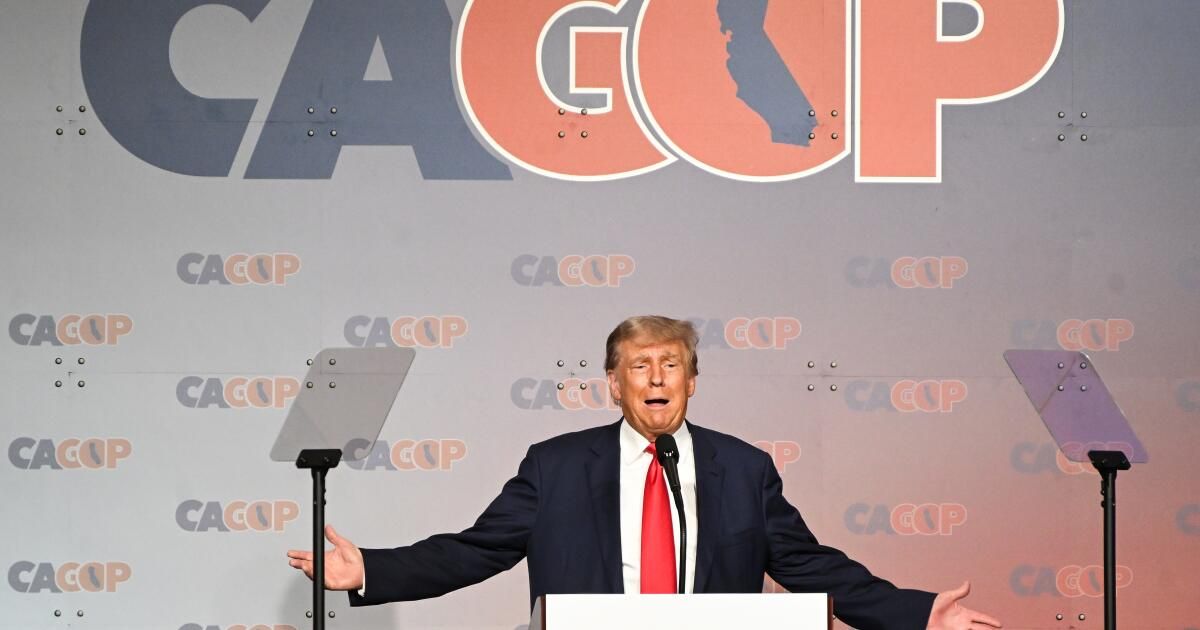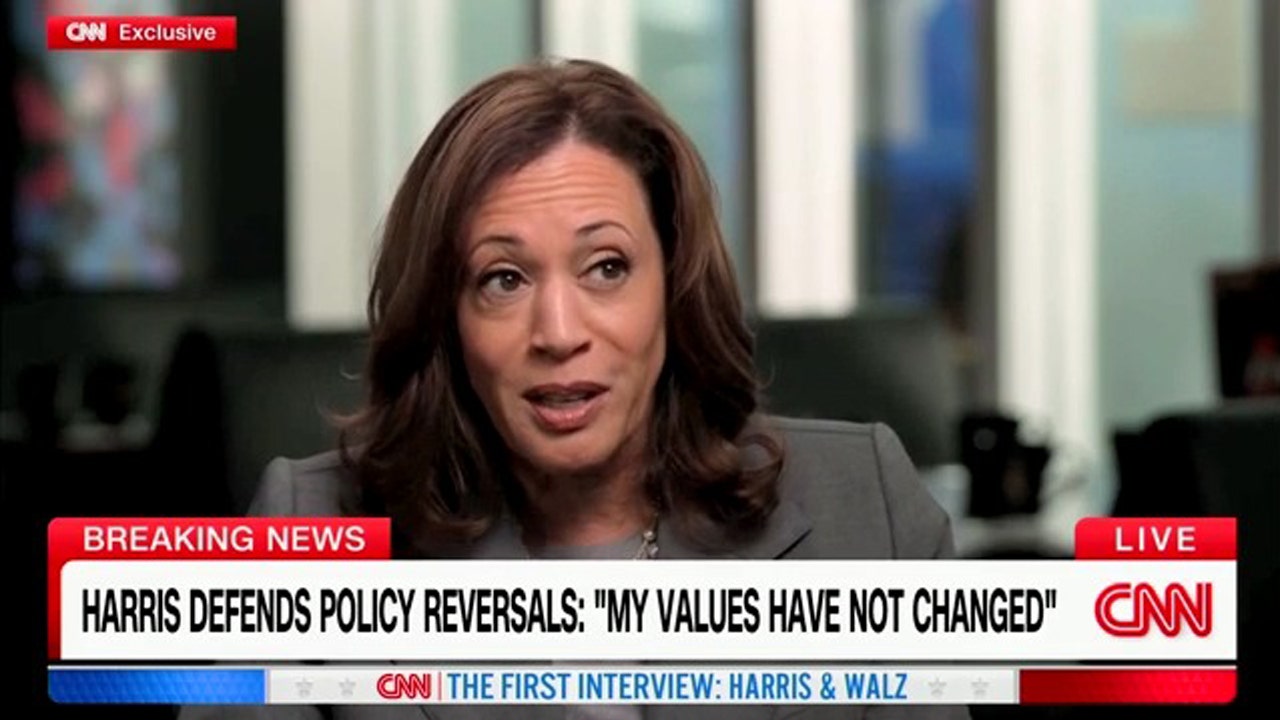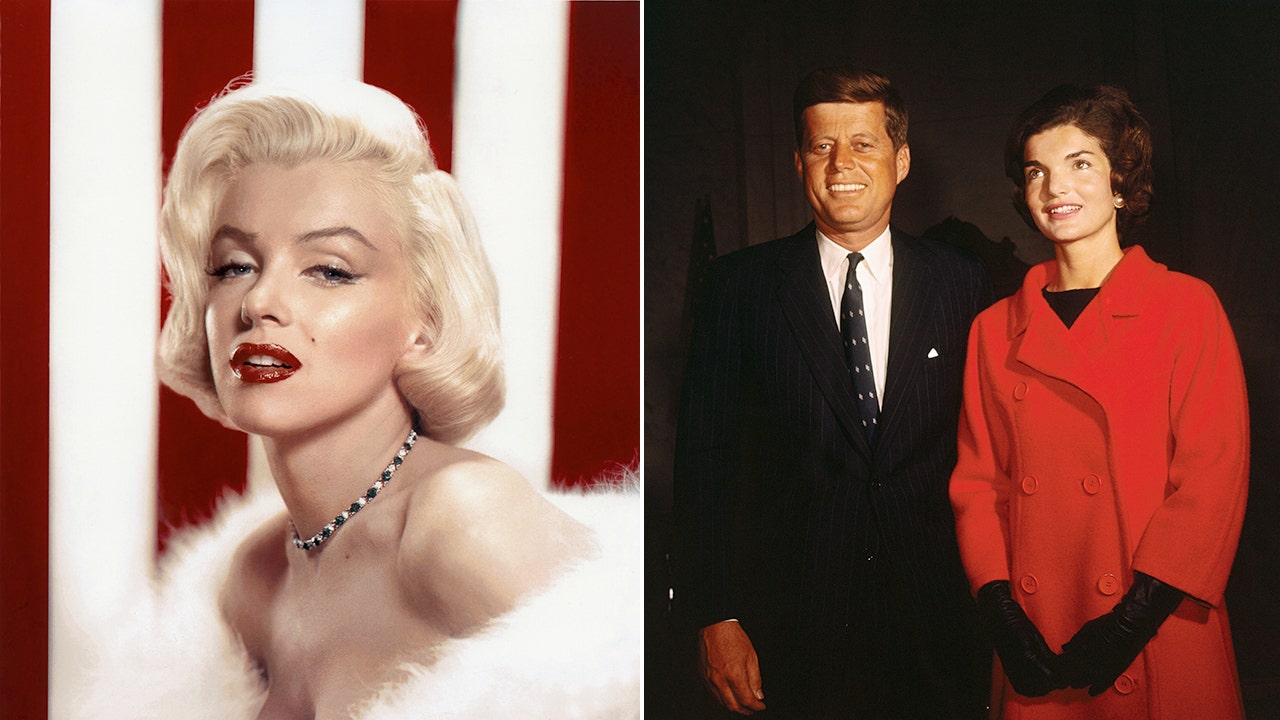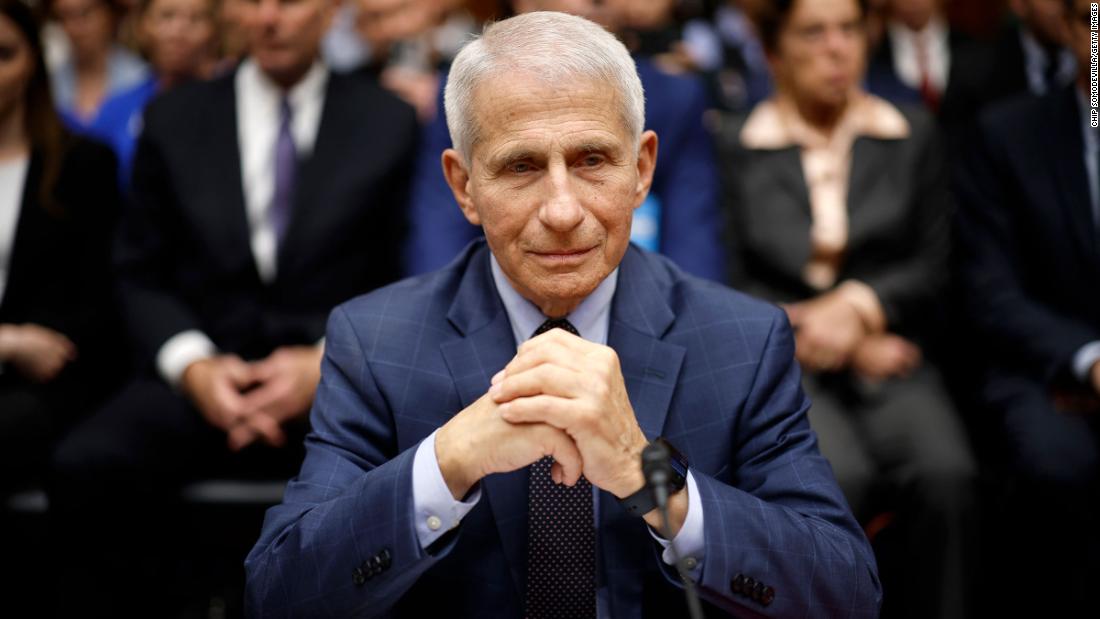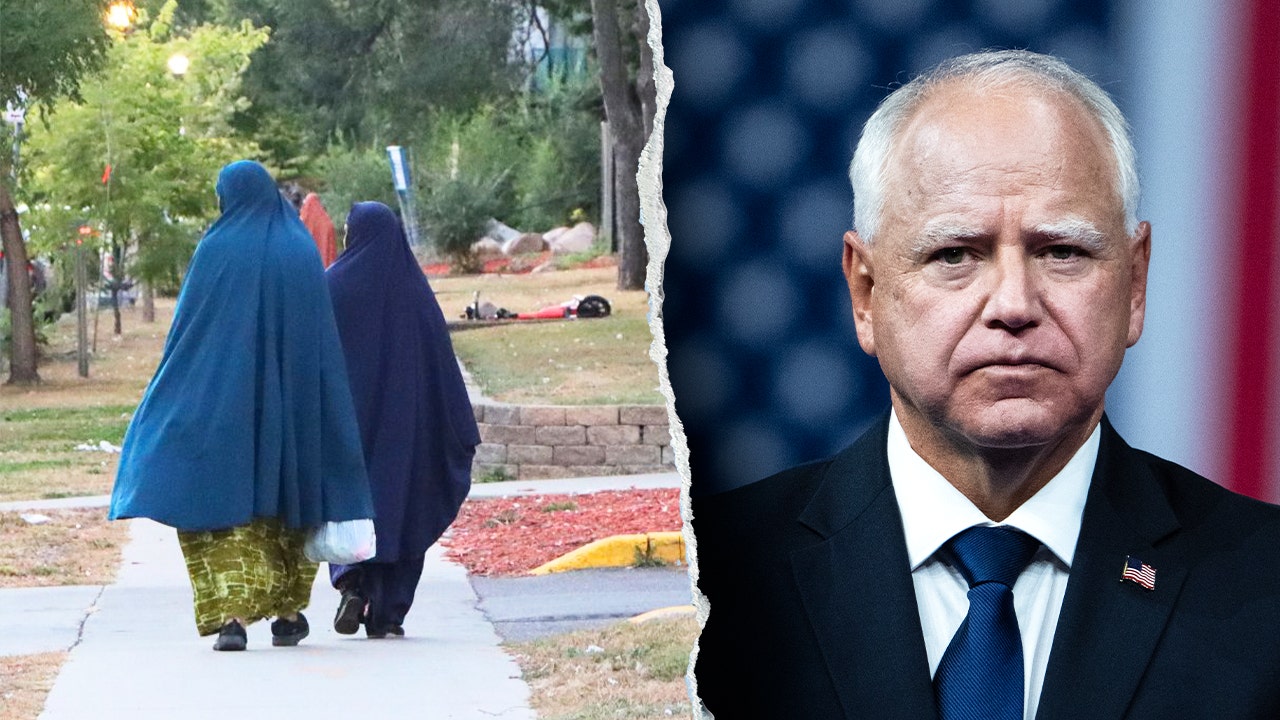Most Republican congressional candidates in California's most competitive districts reacted to the news of former President Trump's historic criminal conviction with radio silence.
A New York jury deliberated for nine and a half hours over two days before convicting Trump of 34 counts of falsifying business records in a scheme to illegally influence the 2016 election by paying hush money to a porn actor who said that they both had sexual relations.
After the verdict, California Republican leaders quickly cast doubt on the legitimacy of the verdict and argued that it would boost Trump's chances of re-election in November.
Former House Speaker Kevin McCarthy of Bakersfield said Trump's “only 'crime' is running against Joe Biden in 2024.”
Jessica Millan Patterson, chairwoman of the California Republican Party, said the prosecution was “a politically motivated case brought by a far-left district attorney” and that the guilty verdict “should never have happened.”
San Diego area Rep. Darrell Issa (R-Bonsall) called the verdict and trial “a disgrace.”
Democrats, on the other hand, praised the verdict as proof that the American legal system works as it should. Rep. Adam B. Schiff (D-Burbank), who is running for Senate, said “the rule of law prevailed” despite Trump’s efforts to “distract, delay and deny.”
Yet in California's closest congressional election, few wanted to become publicly entangled in the issue of Trump's conviction.
Representatives Young Kim (R-Anaheim Hills), Michelle Steel (R-Seal Beach), Mike Garcia (R-Santa Clarita), David Valadao (R-Hanford) and John Duarte (R-Modesto) did not return the requests. for comments. Neither did representatives for Matt Gunderson, who is running against Rep. Mike Levin (D-San Juan Capistrano) in coastal Orange and San Diego counties, or Stockton Mayor Kevin Lincoln, who is running against Rep. Josh Harder ( D-Tracy) in the elections. Central Valley.
A representative for Republican Steve Garvey, who is running for the Senate against Schiff, said he had no comment on the verdict.
One exception was Scott Baugh, who is running to flip the coastal Orange County seat held by Rep. Katie Porter (D-Irvine). Baugh, former chairman of the Orange County Republican Party, characterized Trump's trial as a political prosecution and said the verdict “shouldn't surprise anyone.”
“A politically motivated prosecutor and a hostile judge set up the trial for so many damaging errors,” Baugh said in a prepared statement. “President Trump will have the opportunity to appeal and I am confident that a fair hearing will expose and resolve these issues.”
And longtime Riverside Rep. Ken Calvert (R-Corona), who is fighting to retain his once-safe seat in a now-competitive swing district, said in a statement Thursday night that Trump's prosecution was political , but his comment was more moderate. than the loudest voices in the Republican Party.
Calvert said Americans who believe “justice should be blind to politics” should be “concerned” about the outcome of the trial. He continued, “It is alarming that partisan prosecutors continue to take advantage of our criminal justice system to use the power of their office to influence our democratic elections.”
The decision to join forces with Trump has been a complicated issue for Republicans in California for almost a decade, but especially this year. Republicans hold such a narrow majority in the House that a handful of hyper-competitive races in the Golden State could determine which party controls the chamber. The nonpartisan Cook Political Report has rated 10 California races as competitive.
Staying silent on the verdict makes sense for Republicans in those competitive districts, said Dan Schnur, a politics professor at USC, UC Berkeley and Pepperdine.
“You'll notice that the loudest voices supporting Trump on this tend to be Republicans in very safe seats,” Schnur said. “Candidates who need to reach undecided voters don't have that luxury.”
One challenge for candidates, said UC San Diego political science professor Thad Kousser, is that partisan loyalties determine how voters viewed the trial.
Polls have found that Democrats overwhelmingly considered the trial fair, while only a small percentage of Republicans agreed. The independents were evenly divided. A Trump-style message about a rigged and unfair trial that could resonate with a candidate's Republican base could also turn off independents, Kousser said.
“Anyone trying to win a November race in a competitive district must worry as much about mobilizing their base through more Trump-like rhetoric as they do about the cost of alienating the center,” he said.
Rob Stutzman, a Republican strategist who is not running in any congressional races, said that while both parties can use the verdict as a tool to turn out voters in November, it is a “sensitive issue.”
“There may be independents in congressional seats who are indifferent to the verdict, but who don't necessarily want to see Republican incumbents defending Trump or condemning the verdict,” Stutzman said.
But Shawn Steel, who represents California on the Republican National Committee and is married to Steel, of Orange County, said the verdict will have “absolutely no impact” on California's House elections.
“The White House got the verdict they planned years ago,” Steel said. “The Manhattan jurors who convicted Trump did so out of malice and hatred. “Today’s verdict, along with the not guilty verdict in OJ Simpson’s criminal trial, demonstrated the sharp decline in confidence in American criminal justice.”
Harmeet Dhillon, a San Francisco attorney who also represents California on the Republican National Committee and whose law firm represents the Trump campaign, said Californians are more concerned about quality of life issues, such as homelessness, crime and illegal immigration, than by proof.
“People are fed up,” he said. “People are much more motivated in this election to vote because things are getting bad here in California.”
While California's Republican House candidates remained largely quiet, some of their allies in other states, such as Arizona Senate candidate Kari Lake and vice presidential hopeful Sen. Tim Scott of Carolina of the South, they did not.
“This was a rigged and disgraceful trial,” Trump told reporters after leaving the courtroom. “The true verdict will be given by the people on November 5.”
Biden's campaign said Thursday's verdict showed the law applied to everyone, but warned that the only way to keep Trump out of the White House is to vote in November.
“Whether convicted or not, Trump will be the Republican nominee for president,” campaign spokesman Michael Tyler said. “The threat Trump poses to our democracy has never been greater. He is waging an increasingly unhinged campaign of revenge and retribution, vowing to be a dictator 'from day one' and calling for our Constitution to be 'terminated' so he can regain and maintain power.”
In the wake of Trump's conviction, Democrats turned to 23 vulnerable House Republicans who had backed the former president, including Duarte, Garcia, Calvert and Steel.
“House Republicans have continued to put Donald Trump first and the American people last,” said Courtney Rice, spokeswoman for the Democratic Congressional Campaign Committee. “Your districts deserve better than your cult-like adherence to a would-be dictator. Every single one of them should rescind their endorsement, but they won't.”
Trump's trial, which began in April in New York City, was one of four felony cases Trump was facing, although it was thought to be the only one likely to see a trial before the November election.
The verdict hinged on whether Trump falsified business records to conceal a $130,000 hush payment that Michael Cohen, Trump's lawyer and later a prosecution witness, made to adult film actress Stormy Daniels, who alleged that she had had a sexual encounter with Trump a decade earlier.
Manhattan district. Lawyer. Alvin Bragg had to convince the jury that Trump not only ordered Cohen to make the payments, but did so to influence the outcome of the 2016 election, rather than to protect his family from the story. Trump pleaded not guilty and denied the sexual encounter with Daniels; Cohen testified that he had been deeply involved in the scheme.

